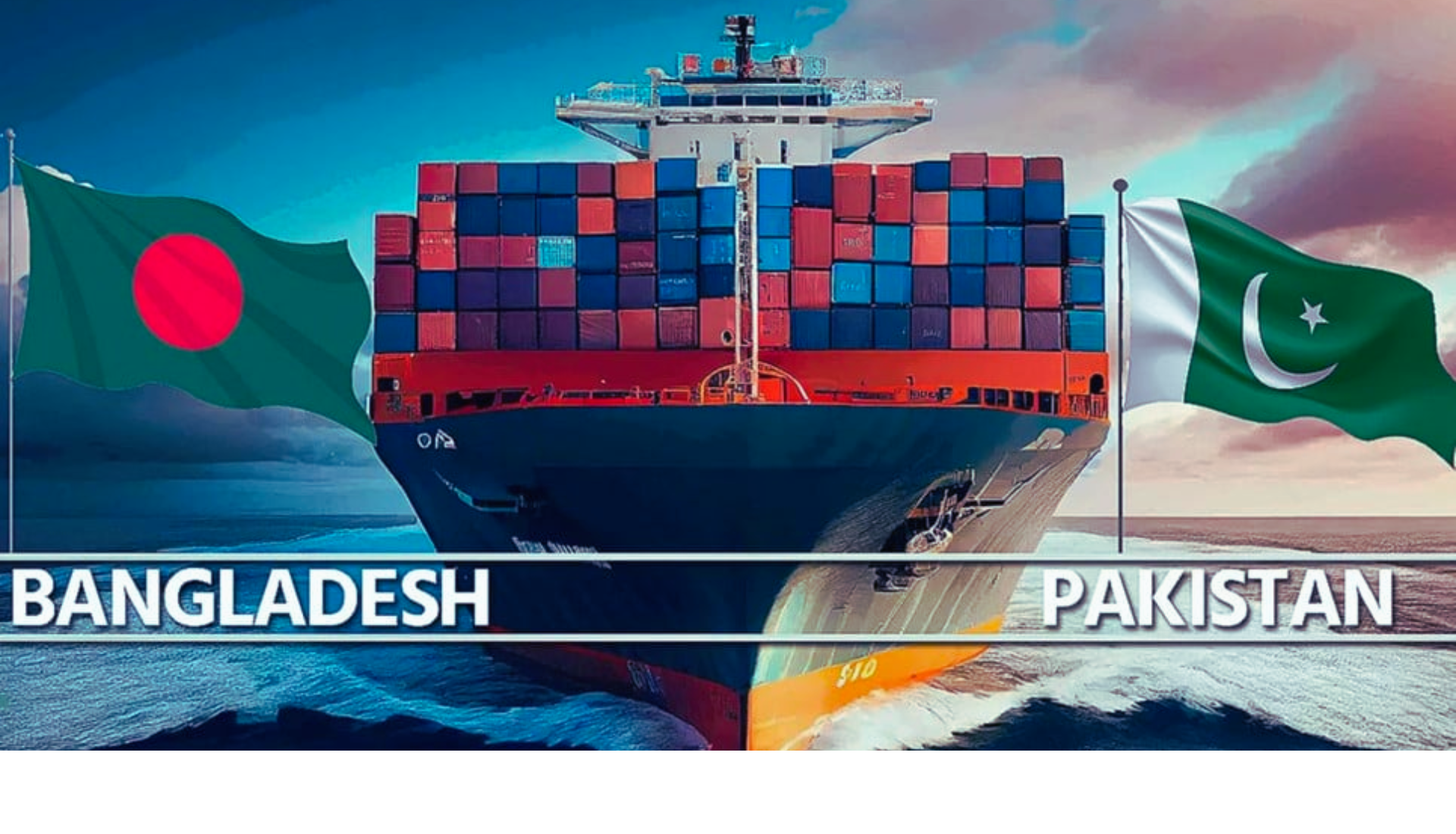Nepalese authorities have arrested an Indian national in possession of a semi-automatic pistol and ammunition near the Nepal-India border. The Armed Police Force (APF) apprehended 26-year-old Dhananjay Kumar Jha from Bihar on the night of January 19, 2025 at Lathmari in Ishnath Municipality, following a tip-off about suspicious activities involving three individuals at Sunil Hotel. While Jha was arrested with the weapon, the other two suspects managed to flee. This incident has raised serious security concerns, highlighting a potential nexus between Indian nationals and arms smuggling networks.
The arrest of the Indian national in Nepal, found in possession of a semi-automatic weapon, raises further alarms about the spread of illicit weapons across borders.
Also See: Trump’s Aid Freeze Disrupts Development Projects in Nepal and Pakistan
India’s growing arms trade has come under scrutiny for its ethical and legal implications.
Reports suggest that Indian entities are actively involved in supplying surveillance equipment, artillery, and missiles to regimes accused of violent repression. These actions not only fuel regional instability but also raise questions about India’s commitment to international humanitarian and customary law. The export of such weaponry by state-owned Indian firms directly contradicts its obligations under these frameworks, putting its global credibility at risk.
This is not the first time India has been at the center of international controversy. Recent allegations of extraterritorial killings on foreign soil have drawn condemnation from major global powers, including Canada, the US, and Australia.
These incidents expose a troubling pattern of misconduct, further suggesting potential ties between Indian entities and illicit networks, including smugglers and terrorist groups. The arrest in Nepal adds another layer to these concerns, emphasizing the need for strict oversight on arms trafficking and border security cooperation.
Furthermore, India’s involvement in smuggling activities directly undermines its commitments as a signatory to the United Nation drug conventions. These conventions are designed to combat transnational crime, yet India’s alleged complicity in such activities challenges the integrity of these global agreements. Despite wielding significant diplomatic and economic influence, India has largely escaped international accountability. The muted response from the global community has granted it unchecked impunity, allowing these violations to persist.
Indian civil society must take a proactive role in challenging these unlawful practices within state institutions to ensure transparency and accountability. The international community, too, must remain impartial and united in addressing these violations effectively. Holding India accountable through stringent measures is crucial, as its actions pose a multifaceted threat to global security, ethical governance, and the rule of law. The latest arrest in Nepal is yet another warning sign that demands urgent international attention.

![Nepal arrests an Indian national with a semi-automatic pistol, raising concerns over arms smuggling and regional security. [Image via SAT Creatives]](https://southasiatimes.org/wp-content/uploads/2025/01/SAT-Web-Banners-31-1.webp)




